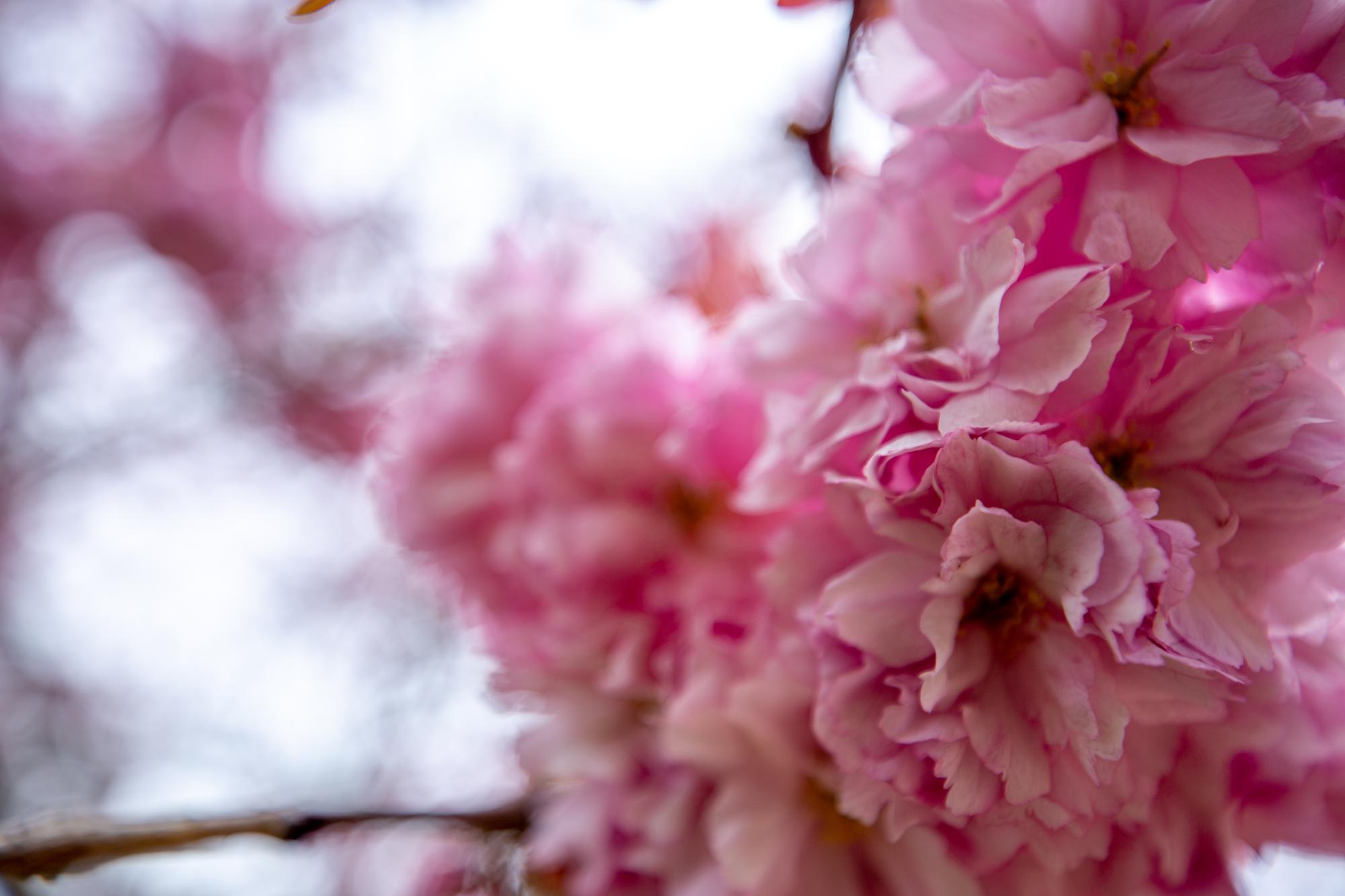Pilot Project Grant
Deadline Reminder
College Dean must approve and submit the proposal by the following RSP deadlines:
- Fall 2023: November 6 before 5 PM PST
- Winter 2024: February 20 before 5PM PST
- Spring 2024: May 13 before 5PM PST
Suggested Timeline
We suggest that application materials are sent to.... *
- Department Chairs: 2 weeks before RSP deadline
- College Deans: 1 week before RSP Deadline
*Be sure to check if your department/college has set specific internal deadlines!
PROGRAM DESCRIPTION
This goal of this program is to help seed projects with potential to open new long-term directions for research, creative expression or scholarship at Western Washington University (WWU). Pilot Project Grants (PPG’s) are intended to enrich and expand WWU’s portfolio of scholarly and creative programs by stimulating the pursuit of opportunities representing new lines of inquiry for the principal investigator (PI), that are of high value to the discipline, and that are expected to have long-lasting impact. The program is designed to allow applicants from all disciplines the opportunity to compete successfully, even if their discipline is not traditionally connected to sponsored research. Thus, PPG’s need not necessarily aim at producing extramural funding, though they may do so.
ELIGIBILITY
- The program is open to all non-student employees with formal appointments to the university. This includes staff, research associates, tenured, tenure-track, and non-tenure track faculty.
- Recipients may hold only one PPG at a time.
- Recipients may not have held a PPG in the previous 12-month period.
- Proposals are accepted from individuals and teams; for team proposals one member serves as the PI and the eligibility criteria are applied only to that individual.
- Members of the review committee are eligible to apply to the program, but must recuse themselves from the review of their own application
ACTIVITIES SUPPORTED
PPG awards provide up to $5,000 in support. Funds may be used for supplies, equipment, project-related travel, student salaries, user fees, as well as other expenses necessary for getting significant new ideas off the ground. Examples of the kinds of activities supported by the program include, but are not limited to:
- Proof-of-principle activities that would orient the PI’s work in a fundamentally new and promising direction
- Planning meetings or site visits for a significant new venture involving outside partners
- Gathering preliminary data for an important new interdisciplinary collaboration
PROGRAM LIMITATIONS
PPGs are intended to seed sustainable, long-term directions and as such, are not suitable for most fixed-term activities, such as individual performances, productions, tours or investigations. The program does not support already-ongoing activities, routine preliminary studies, or activities that would typically be expected to occur anyway within disciplinary norms without PPG support. Teaching buy-outs or summer salary to provide time for preparing extramural proposals are also not typically supported unless the impacts would be unusually widespread or significant. Conference attendance, symposia, the development of instructional materials, curricula, dissertations, publishing or similar costs, or the acquisition of general-purpose (departmental) equipment are also not supported.
AWARD MANAGEMENT
Grants are made for a fixed term of 12 months. Awarded grant funds will be available for use until the completion of the project or for one year after the award is made, whichever comes first. Any significant changes to project scope or budget must be pre-approved by RSP. Any unexpended funds remaining at the end of the grant period will be returned to the program.
Helpful Tip!
The proposal template MUST be downloaded, completed, and attached to your application eSign form as a PDF file to be considered for funding.
For best functionality, open template in the desktop Word application.
*Template updated 10/4/2023
Questions?
Contact us at rsp@wwu.edu.
APPLICANT
Using the required proposal template include all required components as a single pdf file and attach it to the application eSign form. Submit the eSign form to your Department Chair. Please give yourself, your faculty advisor, your department chair, and your college dean plenty of time for this process.
The proposal consists of a maximum two-page narrative providing a description of the project, its significance, the expected results or outcomes, and a budget describing how funds will be used.
DEPARTMENT CHAIRS
Department Chairs will review the application, complete the comment section, and if approved, forward the application onto their Dean.
If the chair is the applicant, their Dean will review the application and complete the comments section.
DEANS (SUBMISSION DEADLINE)
Deans will review the application and if approved, forward on to RSP at rsp.internalgrants@wwu.edu.
Fall 2023: November 6 before 5PM PST
Winter 2024: February 20 before 5PM PST
Spring 2024: May 13 before 5PM PST
IMPORTANT NOTE: Applications that do not use the required proposal template or without approval from a Department Chair and College Dean or materials received after the deadline for submission to RSP will not be considered for funding.
NOTIFICATION
Faculty will be notified via email of the award decisions on or before the following dates. Funds become available shortly afterwards.
Fall 2023: December 13
Winter 2024: March 20
Spring 2024: June 12
EVALUATION OF PROPOSALS
Proposals will be reviewed by a faculty panel whose recommendations are provided to the Vice Provost for Research. The selection process is expected to be competitive. Proposals are evaluated based on:
- Opportunity for opening a significant new direction for research, creative expression or scholarship at WWU
- Likelihood that the new direction will be sustainable after the PPG support has concluded
- Impact on the discipline/University/community
- Completeness, and strength of statement of need/problem/creative activity and expected impacts
- Suitability/feasibility of methods, resources, staffing and timeline
- Qualifications and previous track record of the PI/team members
- Clarity and feasibility of endpoints


